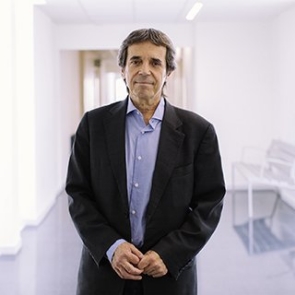#Spain
#Spain
Freedom of peaceful assembly is constitutionally guaranteed and generally respected in Spain. However, human rights defenders faced disproportionate restrictions of this right in connection to the referendum on Catalonian independence in October 2017, which was declared unconstitutional and met with excessive use of force and blanket bans on the use of public spaces for assemblies by the authorities. A number of HRDs are currently under investigation on accusations of rebellion in connection to the organisation of a peaceful demonstration supporting the referendum.
The conditions of HRDs working on issues related to refugees have become more challenging in recent years. In 2015, the Spanish government granted border guards the authority to execute summary expulsions of migrants from Ceuta and Melilla to Morocco. This allowed the authorities to return around 100 migrants to Morocco after they crossed the border of the Spanish Ceuta without verification whether they were eligible for asylum. The law was not amended despite a decision of the European Court of Human Rights condemning this practice.
Spanish law also places unlawful restrictions on the rights to freedom of expression and information. Containing overly broad and vague terms such as the ‘glorification of terrorism’ and ‘humiliating the victims of terrorism or their relatives’, Article 578 of the Spanish Criminal Code is used in relation to acts that do not violate the range of expression permitted by international human rights law. Additionally, the Law on Public Security allows for administrative penalties that may curtail the freedom of expression.







